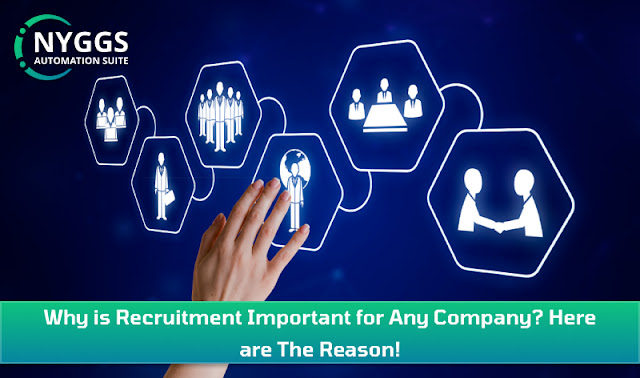What is the purpose of HRMS Software?
Although laymen individuals still have a flawed perception of what the HR department does and consider it nonconsequential, anyone with real knowledge knows how crucial HR is for the success of a business. The modern HR manager is expected to provide value beyond the traditional role, which requires them to be strategic and creative. With this expectation in mind, HR managers often find it hard to deliver because of the ever-increasing pile of repetitive and time-consuming tasks, such as payroll and attendance management. Thanks to the advent of HR software, these monotonous tasks can be automated, allowing managers to provide more intrinsic value to the company. Today, through this article, we will try to deep-dive into the functionality of an HRMS, to understand its uses and benefits for any organization. So without further ado, let us begin!
Why HRMS Software?
Human Resources Management Systems (HRMS) are software applications which streamline mundane tasks and improve transparency within the organization by providing employees with unabridged access to administration activities. In addition to the automation and streamlining of activities, HR Software help companies stay compliant with tax and labor laws by collecting and maintaining accurate employee-related data.
Furthermore, HR software provides detailed insights about the workforce, enabling companies to make the necessary tweaks that improve efficiency.
Benefits of HR Software
Workplaces are evolving, and organizations need to adapt accordingly. As employees demand more transparency, they require HR software that provides employee self-service. Consequently, the software needs to be easy to use and interactive. Future-ready organizations already understand the benefits of adopting HR applications, with many already using them to enhance productivity and inculcate a welcoming culture. How does an HRMS do all of that? Let's look at some of its benefits:
Enhances efficiency: The ease of collecting employee data and uploading it to the cloud makes processes, including hiring, onboarding, payroll, and attendance easier. These processes take up to 80% of an HR department's time and automating them frees them up to perform activities that require critical thinking and creativity to resolve complex problems. Additionally, these applications reduce the number of errors caused by human interactions and incorrect calculations.
Improves employee experience: The importance of transparency in an organization cannot be stressed more. When employees are provided with unabridged access to HR activities, including self-attendance, leave management, expense and reimbursement, they feel more secure and involved. Furthermore, any new onboardings feel at home, as they have access to all the organizational documents and policies on their mobile devices.
Saves costs: The HR department acts like a hinge, connecting the organization with the employee, and this requires them to maintain a balance between the two. They have to think up ways to cut costs without diminishing employee experience. Accurate tracking of attendance, expenses and payroll provided by an HRMS allows them to do just that, as they can pinpoint areas where the company is bleeding money and patch it. It also provides them with more leverage when it comes to negotiating prices with vendors selling healthcare and other organizational packages.
Regulatory compliance: The change in the work landscape and digitization have brought forward more complex compliance issues. Instead of remodeling the entire structure every time a new law gets passed, HR managers can streamline changes with the help of an HR tool. HRMS ensures companies stay agile by monitoring and reporting any regulatory changes.
Better decision-making: HRMS have the ability to analyze data and produce comprehensive reports. In addition to assimilating employee trends and habits, HR software improves the hiring process by analyzing resumes and finding the best candidates. These applications improve decision-making by making data-backed decisions which are way better than relying on the whims and fancies of a human.
To Conclude
So what is the purpose of HRMS software? These software applications allow the HR department to concentrate on improving the employee experience and creative thinking by freeing up time spent on repetitive administrative activities, including payroll, compliance and attendance tracking. Additionally, HRM Software provides companies with comprehensive reports and analytics which can be used to refine processes further and affect the bottom line positively. HR software applications are a must for any company that wants to become agile and adapt to future and current workplace trends.


Comments